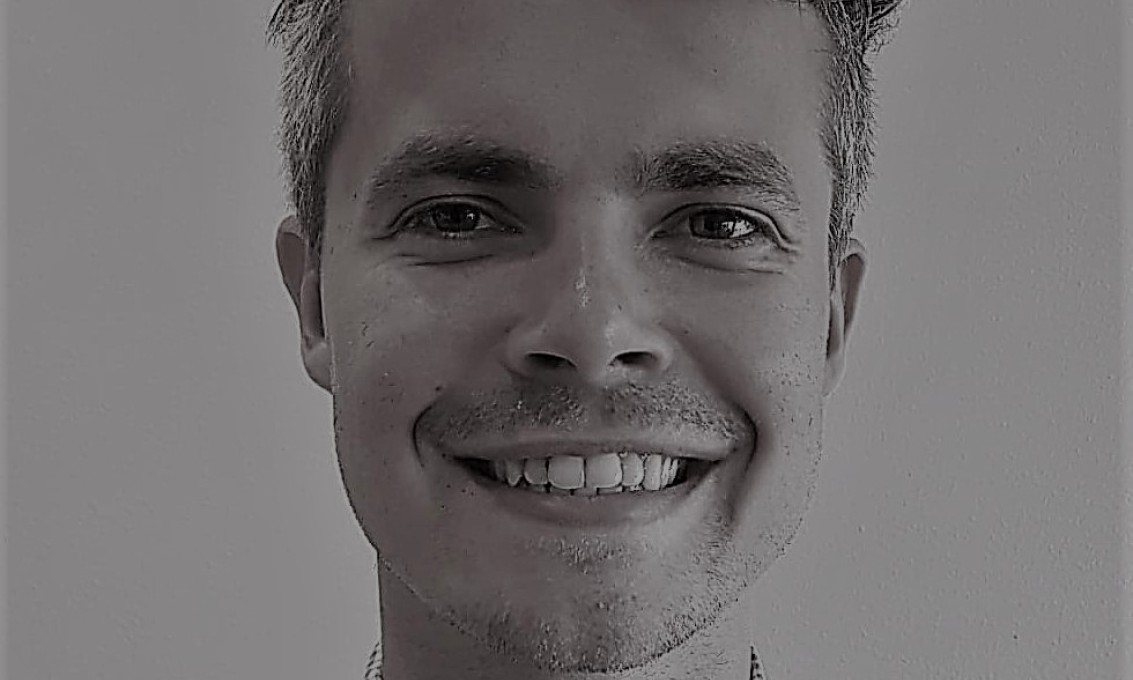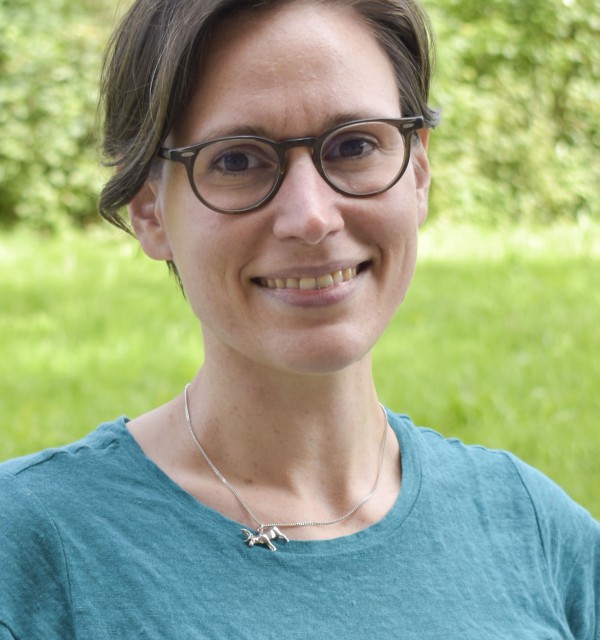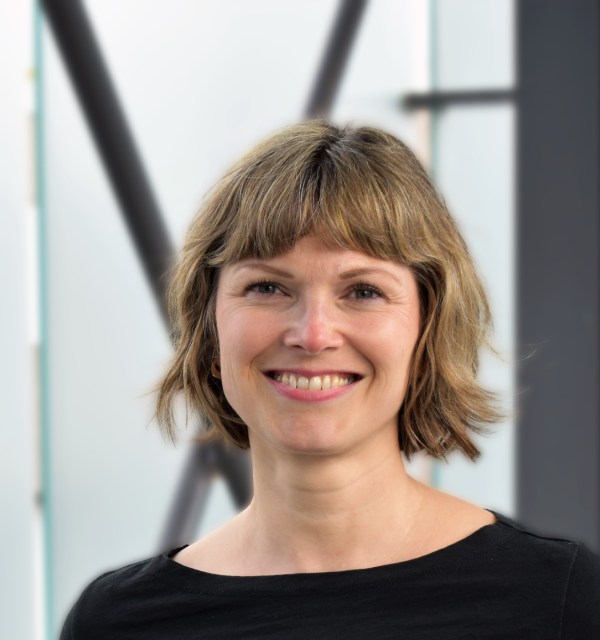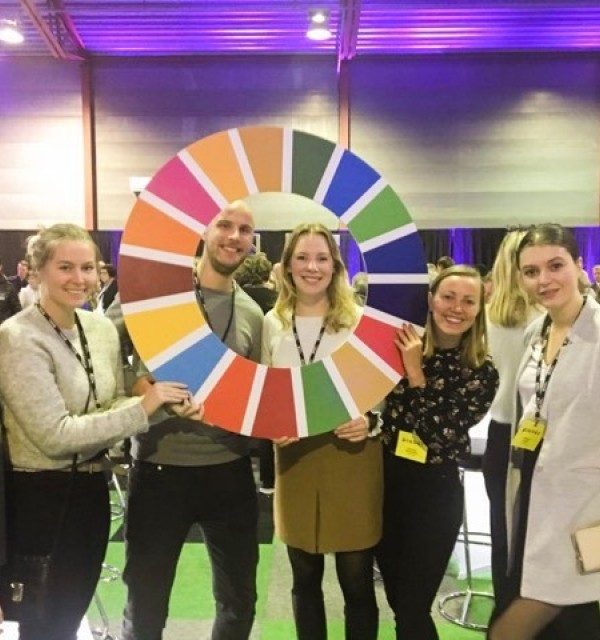In this study programme, you will be learning about sustainability. Climate change and biodiversity loss represent two of the greatest challenges of our time. They involve political, economic, developmental, security, social and ethical challenges, especially for the most vulnerable societies.
2 years (4 semesters)
120
English
August every year
About the study programme: learning for sustainability
This Master programme takes the Paris Agreement and the United Nations Sustainable Development Goals (SDGs) as its point of departure. The program focuses on the challenges and opportunities associated with the realization of these goals, with a special emphasis on energy. Energy and its associated environmental impacts present tremendous challenges for both nations and the international community. Energy systems across the globe are transitioning - or about to transition - towards lower carbon and more sustainable energy configurations. At the same time, debates about what constitutes sustainable energy policy have intensified in most countries, with political conflicts over the meaning of concepts such as sustainable energy, low carbon transition, and with different and competing visions about the future energy mix and future energy system.
These political controversies constitute the core of this Master program. It raises fundamental questions of what sustainable energy might be, and what a low-carbon transition might look like, from different perspectives. The program gives students an overview into energy-specific challenges, and social and environmental challenges associated with energy (e.g. climate change, water resources deterioration, competition for land, etc.). We also explore the different actors, interests, perceptions, and drivers of a possible transition towards a low carbon society, in diverse contexts. It encompasses the environmental, social, political, and economic dimensions of sustainable development.
The program educates social scientists with basic insights into energy systems. We need to understand how societal changes can be managed and directed towards specific goals such as sustainable development. What are the specific contextual configurations of politics and policy that will enable a transition to a sustainable society?
While the Master program is multidisciplinary in its approach, it provides room for students to specialize through elective courses and by studying abroad at one of our partner institutions. Students may choose their own track of specialisation or a minor from other programs at UiS.
Please note that changes in the elective courses offered each year might vary.
In my professional life, I have benefited significantly from the understanding of the interaction between social science and technical perspectives on sustainability
Work placement
In the third semester, you can apply for the elective course «Work Placement».
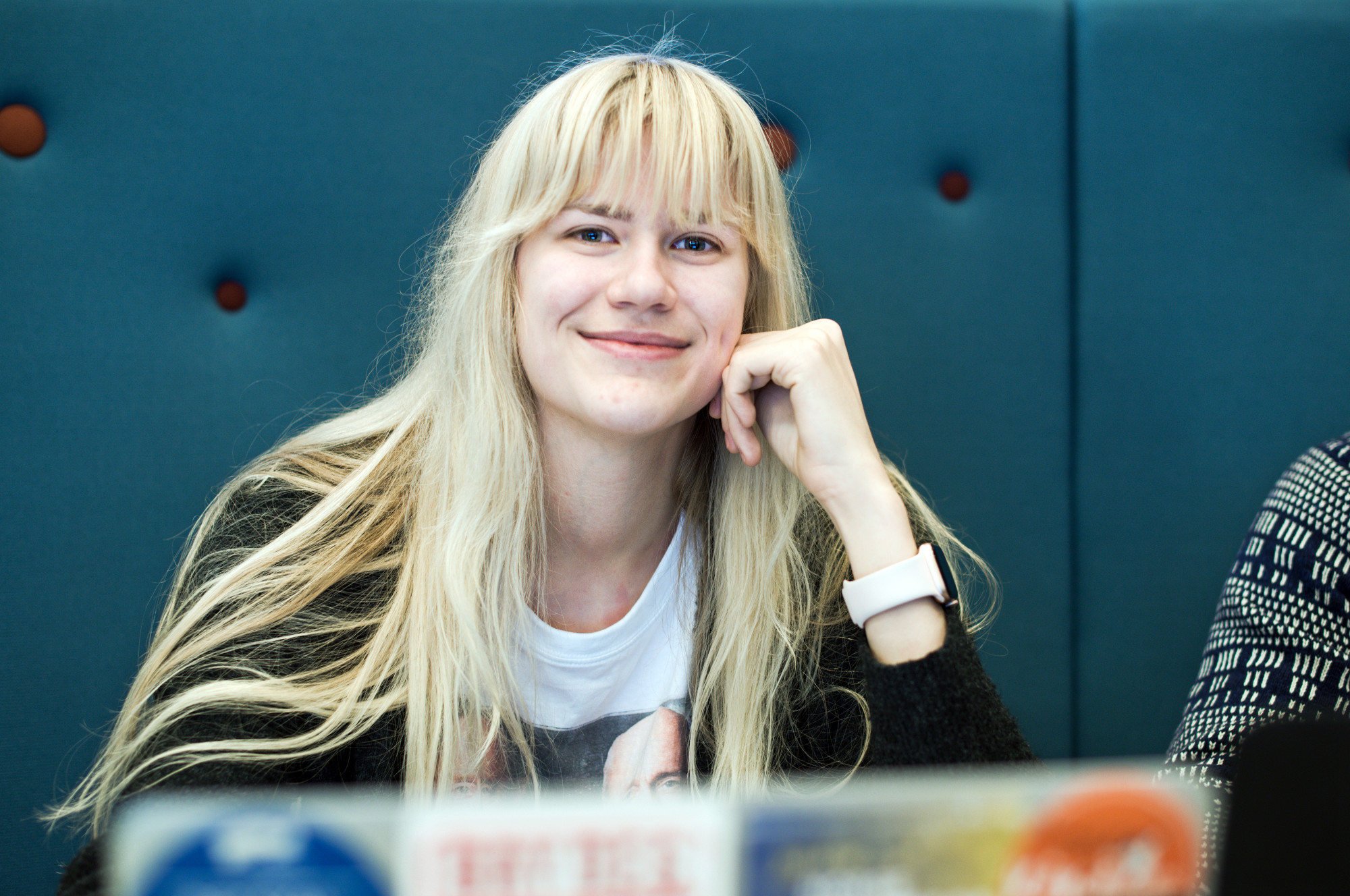
The internship course is worth 30 credits and gives you the opportunity to go on an internship at one of the companies UiS has an agreement with.
The course offers students work placements in businesses. The work placement contributes to increase the student's awareness of his/her role in relation to others in specific work related development and change tasks. Furthermore, the student gains insight in how to analyse situations and make use of different methods and theories to enhance wanted changes.
See more information under "Study plan and courses".
Academic requirements
A bachelor's degree with a specialization of at least 80 ECTS credits in one or more of the following subject areas or equivalent is required: Social sciences, History, Hotel management, Tourism management, Sociology, Psychology, Pedagogy, Social anthropology, Law, Geography, Political science, Management, Economics
Professional bachelor degrees in the following areas qualify for admission: police, teacher education, social care and journalism.
Admission to this Master's programme requires a minimum grade average comparable to a Norwegian C (according to ECTS Standards) in your bachelor's degree.
Application and admission
Contact
For inquiries regarding admission to international Master's programmes, send an email to: admissions@uis.no.
Find more information here: When to apply.
Questions and answers about the study
Can I study part-time or combine my studies with work? Is it possible to take an internship during the study?
Can I study part-time or combine my studies with work?
The master's program Energy, Environment and Society is a full-time program with many lectures and some group work. In addition, the study requires a good dose of self-study to acquire the knowledge you are expected to be left with after completing your studies.
It is not possible to follow an official part-time study program, but as a master's student you have three years' right to study, and you can thus spend three years taking the courses that according to the plan should take you two years. If you do not follow the education plan, we can not guarantee collisions on either teaching or exams.
What jobs can I get when I graduate?
By taking the master's degree in Energy, Environment and Society, you get a social science master's degree. It is not always as easy to say specifically which professions you may end up in, because it is not a vocational degree. The master's will give you general insight into energy and environmental challenges, and it is therefore natural to think that you are relevant for jobs where these issues are relevant. Knowledge of sustainable development, energy and environmental challenges is expected to increase sharply in the time ahead.
The choice of profession and workplace after graduation may depend on your bachelor's degree and interests. In the master's program, you must choose four elective courses yourself, in addition to the compulsory courses. This means that here you have the opportunity to focus on topics and areas you would like to work on in the future. Also which theme you choose for your master's thesis can help to position you towards the jobs you could imagine.
How much compulsory education is there during the study?
Although the best thing for your learning outcome is to attend as many lectures as possible, and this is clearly what we recommend, there are not many compulsory lectures on the energy master. In some of the courses, you must also pass group work and assignments to be allowed to sit for the exam, and this naturally presupposes attendance and collaboration with your group.
I am educated in technical and scientific subjects / I am an engineer. Does this provide a basis for admission to the master?
The master's degree in Energy, Environment and Society is a social science master's, and a bachelor's degree in technical and natural sciences / engineering will consequently not be a sufficient basis for admission.
Is it possible to take an internship during the study?
Yes, in the third semester you can apply for the elective course «Work placement». The internship course is 30 credits and gives you the opportunity to go on an internship at one of the companies UiS has an agreement with (you can not find an internship yourself, it must be one of the companies we collaborate with). Via UiS, you apply to the companies and are called for a job interview, similar to a normal job application process. The companies themselves choose who they want to offer a place, ie that you are not guaranteed an internship even if you apply for it. If you are offered an internship, you work in a 75 percent position for 15 weeks. Companies that have accepted interns are e.g. Stavanger Municipality, the County Governor, Columbus, Lyse, Nordic Edge and Zero.
Here you can read more about the internship topic.
Contact Us
Department of Media and Social Sciences
Faculty Administration SV
Administrasjon IMS
